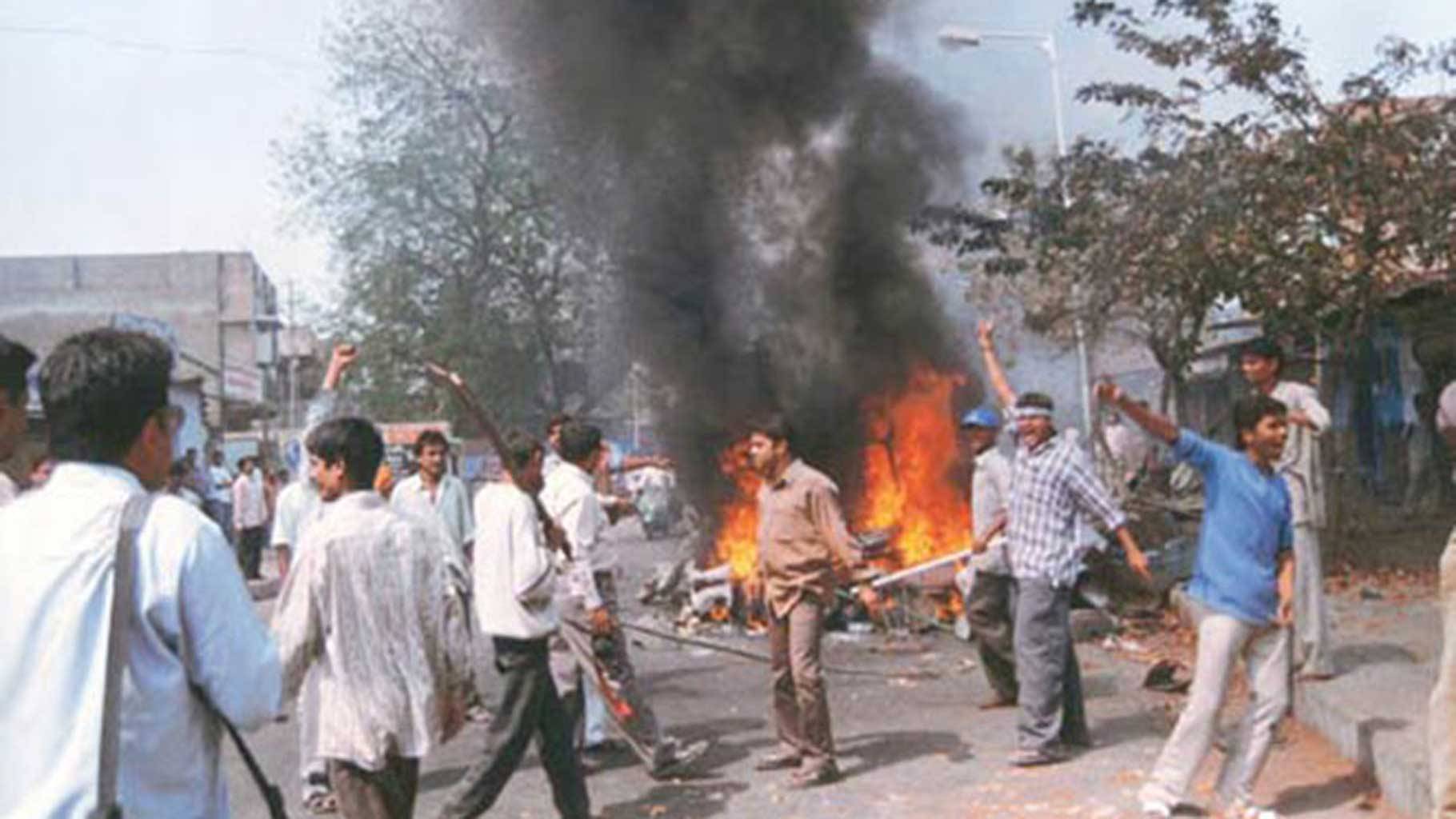In a significant development, the Gujarat government has decided to withdraw security protection provided to witnesses, lawyers, and a former judge involved in key legal cases stemming from the 2002 anti-Muslim pogrom in the state. A total of 130 individuals, including witnesses, lawyers, and judges, had been under police protection for over 15 years based on the recommendations of an investigative committee established by the Supreme Court.
These individuals played crucial roles in some of the most prominent cases arising from the 2002 riots, notably the Naroda Patiya massacre, where nearly 100 Muslims were killed by a large mob, and the Gulbarg Society massacre, which witnessed the burning alive of at least 35 people, including former Congress MP Ehsan Jafri.
According to A.K. Malhotra from the Supreme Court-appointed Special Investigation Team (SIT), the decision to remove security was made after a thorough review, concluding that there was no perceived threat to these individuals. He stated, “None of them faced intimidation or assault.”
However, an exception has been made for Zakia Jafri, the widow of Congress MP Ehsan Jafri, who will continue to receive witness protection.
The withdrawal of security has raised concerns among those affected, especially witnesses like Farida Shaikh, who expressed distress over losing police protection. Shaikh, a witness in the Naroda Patiya riot case, mentioned that she was informed about the withdrawal of her security cover without any given reason.
“It has happened with many other witnesses. We are living in fear because many accused are still out, and they can still harm us,” Shaikh said, highlighting the anxieties among those involved in the legal proceedings.
This move by the Gujarat government has sparked debates over the safety and well-being of individuals connected to the 2002 riots cases, adding another layer of complexity to the already sensitive and significant legal proceedings. The concerns around potential repercussions and the need for sustained security measures are likely to be key points of discussion in the coming days.
Related











































